What Programs Come With Windows 7 Home Premium
The best antivirus software 2021: Free antivirus and paid options tested

EDITOR'S NOTE: The winners of the 2021 Tom's Guide Awards have been announced, and Kaspersky Total Security has won Best Antivirus Software. Bitdefender Total Security is the runner-up. Head to the Tom's Guide Awards 2021 Best Products for Working From Home page to see all the winners and recommended runners-up.
You'll need one of the best antivirus programs, free or paid, on your Windows PC. Windows gets attacked much more often than any other software platform, and using a PC without antivirus software is just asking for trouble.
Fortunately, Windows 8.1, 10 and 11 come with Microsoft Defender Antivirus, which was once awful but is now among the best free antivirus programs available. If you just want to keep your PC free from infection, Defender might be all you need. But it can't match the extra features that come with the best paid antivirus software, and even some other free programs.
If you've got kids at home, you can get a premium security suite that includes parental controls along with antivirus software. Many suites also include VPN service, password managers, backup software or even identity-theft protection — all bundled more cheaply than if you bought each feature on its own.
Each brand's antivirus programs share one malware-detection "engine," but more features get added as subscription prices rise.
For example, Kaspersky has the free Kaspersky Security Cloud, the basic Kaspersky Anti-Virus, the midrange Kaspersky Internet Security and the premium Kaspersky Total Security. Norton LifeLock has even more plans mixing in various levels of protection.
Here's our list of the best paid antivirus programs. Don't forget to check out our list of the best free antivirus software halfway down this page.
The top 3 best antivirus brands
- Best Mac antivirus software
- Best Android antivirus apps
- Best free antivirus software
What is the best antivirus software?
Our first choice is Kaspersky Total Security. It delivers excellent malware protection, a full complement of extra features and an easy-to-use interface.
Right behind that are the entry-level Bitdefender Antivirus Plus, the best bargain in antivirus software, and Norton 360 Deluxe, which offers a ton of extra features, including unlimited VPN service and LifeLock identity protection.
Any of these three would serve you well, but the ideal choice depends on your circumstances. See our section on how to choose the best antivirus software below, or our stand-alone antivirus buying guide.
For the best free antivirus, we like Kaspersky Security Cloud Free, which sailed past Bitdefender Antivirus Free Edition for the top spot. Both offered excellent protection without system slowdowns, but Kaspersky's free program lets you schedule scans, adds a ton of useful extras and had the smallest system impact we've ever seen.
Our free rankings immediately follow our paid rankings below.
The best antivirus software you can buy today
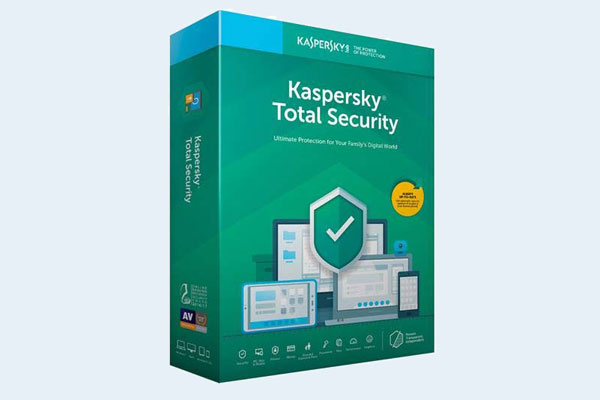

1. Kaspersky Total Security
The best antivirus protection overall.
Specifications
Anti-theft: Yes
Backup software: Yes
Firewall: Yes
Game mode: Yes
Hardened browser: Yes
Parental controls: Yes
Password manager: Yes
Ransomware rollback: Yes
Webcam protection: Yes
Virtual keyboard: Yes
VPN: Limited upsell
Wi-Fi scanner: Yes
Reasons to buy
+Excellent malware protection +New stalkerware protection +Password manager, parental controls
Reasons to avoid
-Limited VPN usage -Microphone protection hard to enable
Kaspersky's Windows products have excellent malware-detection scores and a light-to-moderate system-performance impact, the two most important criteria in our rankings.
The entry-level program, Kaspersky Anti-Virus (starting at £12.49 UK/$29.99 US), has dedicated ransomware protection, a virtual keyboard and a convenient online account portal. But it's beaten by Bitdefender Antivirus Plus, which has even more features.
Kaspersky Internet Security (£17.49 UK/$39.99 US) is our top choice among midrange packages. It has a secure browser, anti-theft protection for laptops, webcam protection and a limited-use VPN client that kicks in when you connect to an open Wi-Fi network. It also includes software for macOS, Android and iOS.
The premium antivirus suite, Kaspersky Total Security (£19.99 UK/$44.99 US), adds backup software, parental controls, file encryption, a file shredder and an unlimited password manager. We think it's the best antivirus software you can buy today.
As mentioned earlier, Kaspersky Total Security has won Best Antivirus Software in the 2021 Tom's Guide Awards.
Read our full Kaspersky Total Security review .
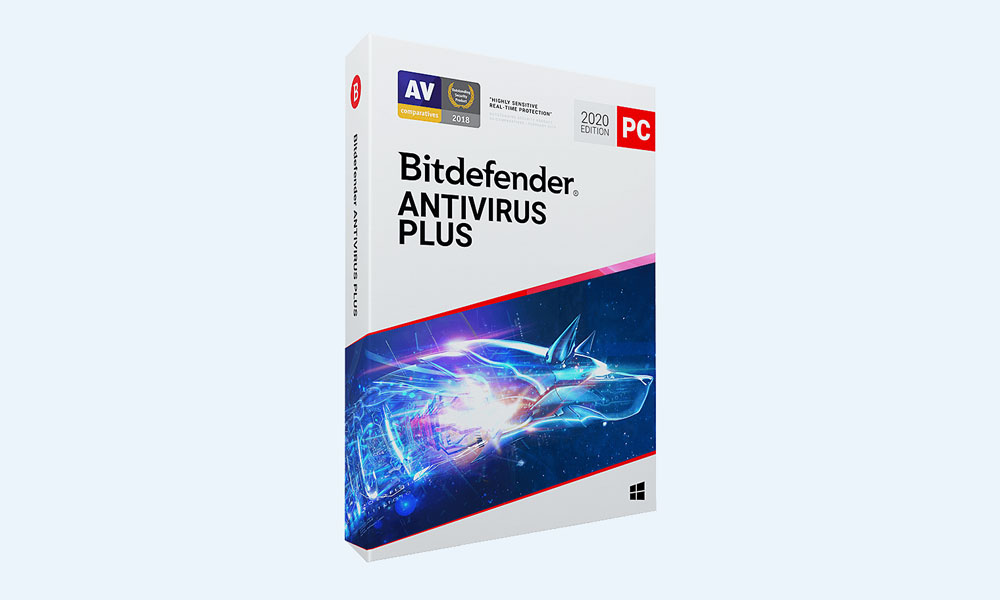
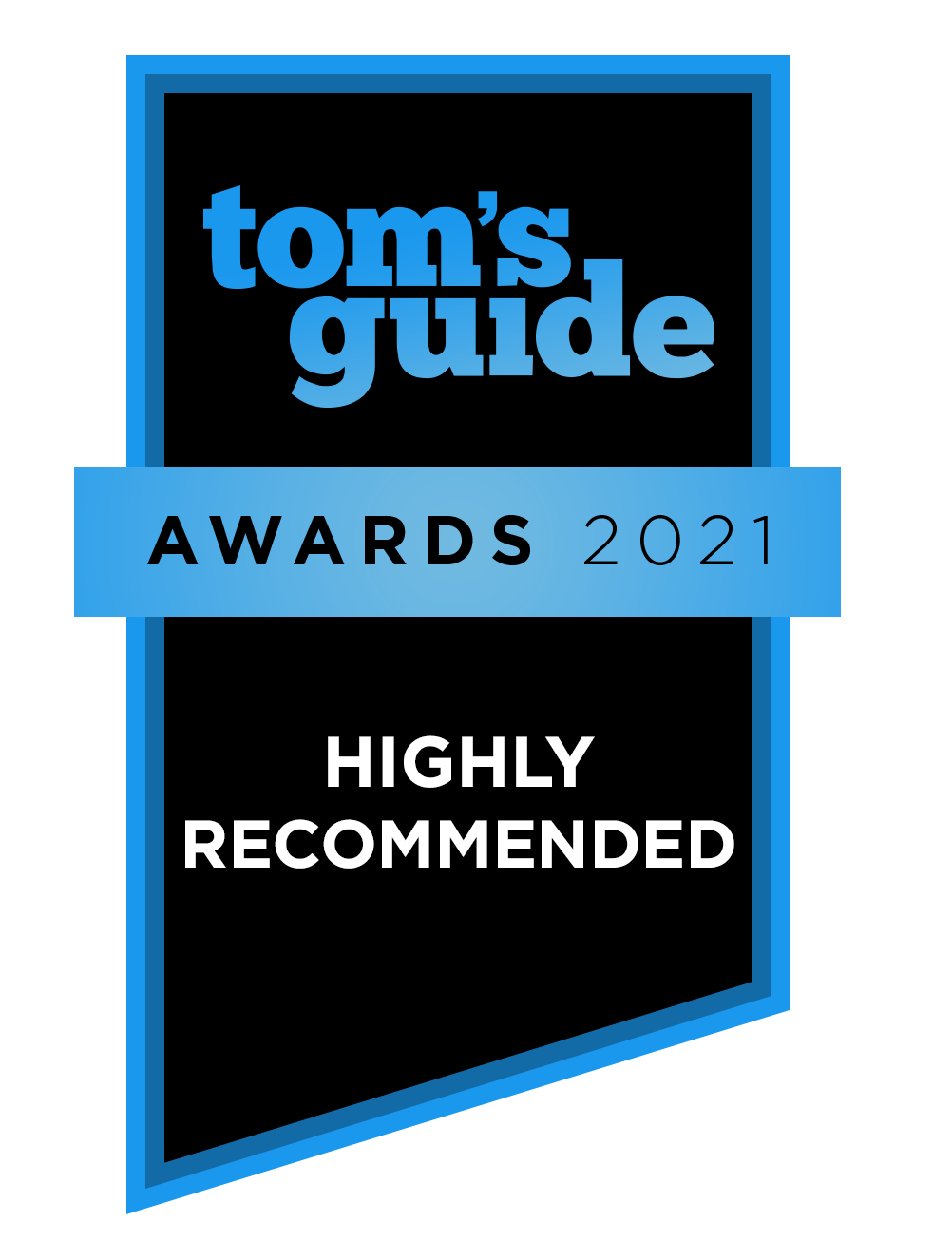
2. Bitdefender Antivirus Plus
The best value antivirus software currently available.
Specifications
Anti-theft: No
Backup software: No
Firewall: No
Game mode: Yes
Hardened browser: Yes
Parental controls: No
Password manager: Yes
Ransomware rollback: Yes
Webcam protection: No
Virtual keyboard: Yes
VPN: Limited upsell
Wi-Fi scanner: Yes
Reasons to buy
+Very good malware protection +Lots of useful extra features +Light system impact with active scans
Reasons to avoid
-Heavy background system impact
Bitdefender Antivirus Plus is our top choice among entry-level antivirus products. It has very good, if not perfect, malware-detection scores. Its active scans don't add much to the background system impact, but that background load is a bit heavy.
It also offers the most value, with an unlimited password manager, a secure browser with a virtual keyboard, a Wi-Fi network scanner, a file shredder, protection against encrypting ransomware and Bitdefender's new web-privacy software -- features often found only with pricier antivirus packages.
The midrange Bitdefender Internet Security adds parental controls, webcam protection and a two-way firewall, while Bitdefender Total Security tops off the lineup with an anti-theft feature for laptops, a system optimizer and licenses for Bitdefender Antivirus for Mac and Bitdefender Mobile Security for Android.
A fourth product, Bitdefender Premium Security, is basically Total Security with unlimited VPN usage and priority tech support. (The other programs limit you to 200MB of Bitdefender VPN usage per day.)
But the best deal is the Bitdefender Family Pack, which puts Total Security on up to 15 devices for (a frequently discounted) $120 per year.
As mentioned above, Bitdefender Total Security has merited a Highly Recommended mention for Best Antivirus Software in the 2021 Tom's Guide Awards.
Read our full Bitdefender Antivirus Plus review .
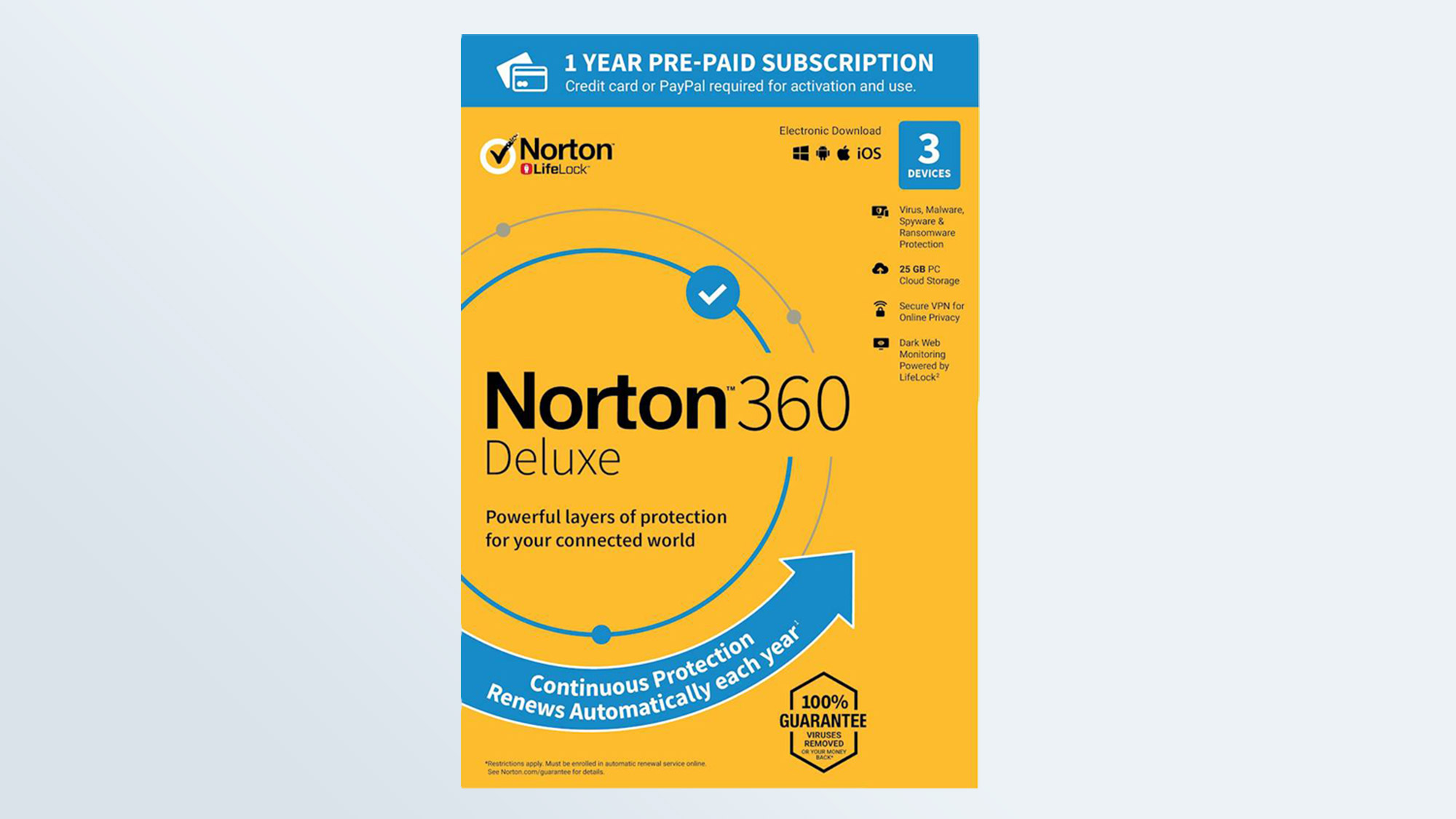
3. Norton 360 Deluxe
Almost everything you could ever need.
Specifications
Anti-theft: No
Backup software: Yes
Firewall: Yes
Game mode: Yes
Hardened browser: No
Parental controls: Yes
Password manager: Yes
Ransomware rollback: No
Webcam protection: Yes
VPN: Unlimited
Reasons to buy
+Excellent malware protection +Parental controls, backup software, online storage, password manager, webcam protection, unlimited VPN +LifeLock identity protection with top tiers
Reasons to avoid
-Heavy slowdown during full scans -Pricey
All of Norton's antivirus products offer excellent malware protection, and the once-heavy system-performance load is much lighter. The number of extra features each program has varies, but the sweet spot in the lineup is Norton 360 Deluxe.
It includes a password manager that works on all major platforms, unlimited VPN service, dark-web personal-data monitoring, parental controls and up to 50GB of online storage space. Two other offerings, Norton 360 Premium and Norton 360 Platinum, give you more online storage and expand the antivirus and VPN coverage to 10 and 20 devices, respectively.
If you want full-on identity protection, Norton offers three bundles with varying degrees of LifeLock service and even more online storage. Their subscription prices run well into the triple digits, but still cost less than if you were to buy the identity protection, password manager, cloud-backup storage and antivirus software separately.
Unlike some of the other best antivirus software makers, Norton doesn't offer a file shredder, file encryption or secure web browser with any of its products. Yet every other digital-protection service you could possibly ask for is included with at least some of its bundles.
Read our full Norton 360 Deluxe review .
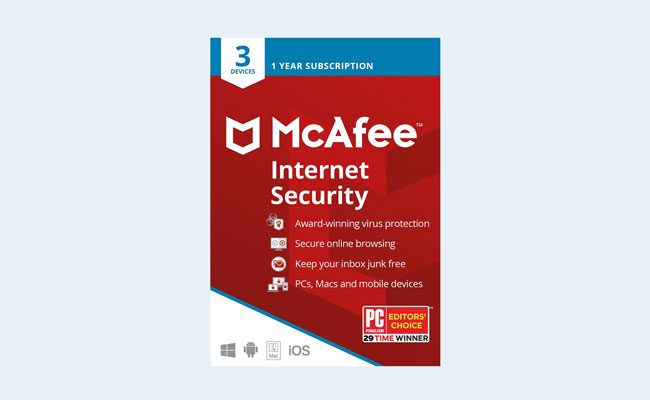
4. McAfee Internet Security
A bargain for big families, but not perfect protection
Specifications
Anti-theft: No
Backup software: No
Firewall: Yes
Game mode: Yes
Hardened browser: No
Parental controls: No
Password manager: Yes
Ransomware rollback: Yes
Webcam protection: No
Virtual keyboard: No
VPN: No
Reasons to buy
+Protects lots of machines for cheap +Password manager +Improving malware protection
Reasons to avoid
-Very heavy performance hit -No parental controls on mid-priced tier
McAfee's malware detection has improved greatly in the past couple of years, but it's still not quite top-of-the-line.
Despite that, the entry-level McAfee AntiVirus Plus is a bargain: $60 per year buys software for up to 10 (in practice, unlimited) devices, whether they run Windows, macOS, iOS or Android, and the software comes with a file shredder and a two-way firewall.
To get parental controls or one of the best password managers in the business, you'll have to spring for McAfee Total Protection or its sibling McAfee LiveSafe, which comes pre-installed on many new PCs.
The multi-device licenses of those two security suites also come with an identity-protection service. But none of the McAfee products have a secure browser or webcam protection, which you often get with other premium antivirus programs.
At the top is McAfee Total Protection Ultimate, which adds unlimited VPN service with no strings attached. Hardcore PC gamers may consider McAfee Gamer Security, which for $60 per year offers low-overhead protection for a single rig.
Read our full McAfee Internet Security review .
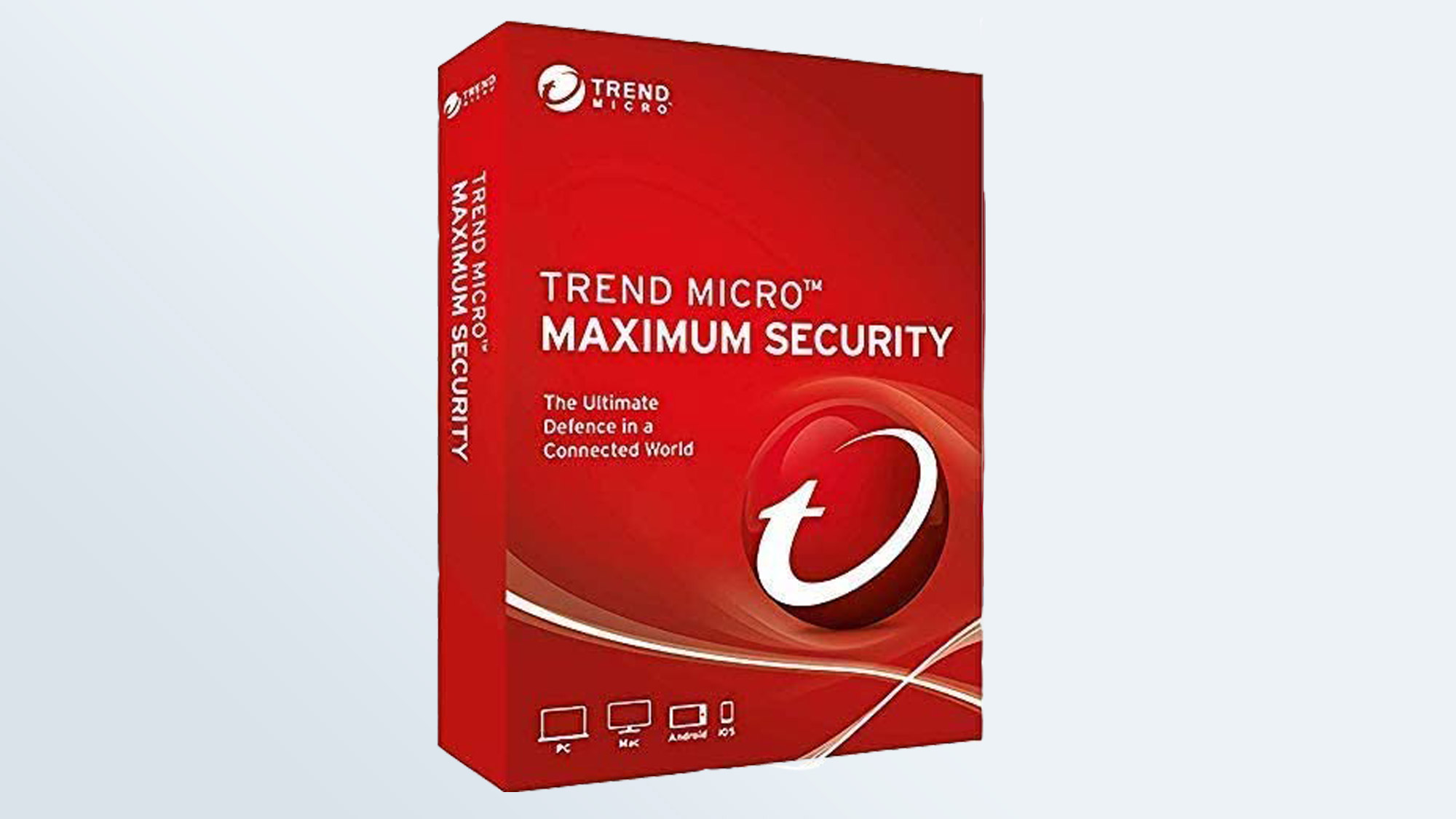
5. Trend Micro Maximum Security
Solid protection, but scan slowdowns
Specifications
Backup software: No
Firewall: No
Game mode: Yes
Hardened browser: Yes
Parental controls: Yes
Password manager: Yes
Webcam protection: No
Virtual keyboard: No
VPN: Yes
Reasons to buy
+Very good malware protection +Secure browser, password manager +Dark Web scans
Reasons to avoid
-Heavy performance hit during scans -Many false positives on some tests
Trend Micro offers very good protection, but its malware-detection engine creates a heavy system load during scans and returns a fair number of false-positive results.
The brand's entry-level program, Trend Micro Antivirus+ Security, has basic tools but does have a secure web browser. Parental controls, a system optimizer and a file shredder are bundled into the mid-range Trend Micro Internet Security.
Trend Micro Maximum Security adds a password manager, a secure browser and file encryption, while the new Trend Micro Premium Security adds a VPN and dark-web monitoring of personal data.
However, none of Trend Micro's programs include a two-way firewall or webcam protection, standard with other brands' midrange offerings. Nor does the premium product have the cloud storage or backup software that some of the best antivirus brands add as enticements to their flagship packages.
Read our full Trend Micro Maximum Security review .
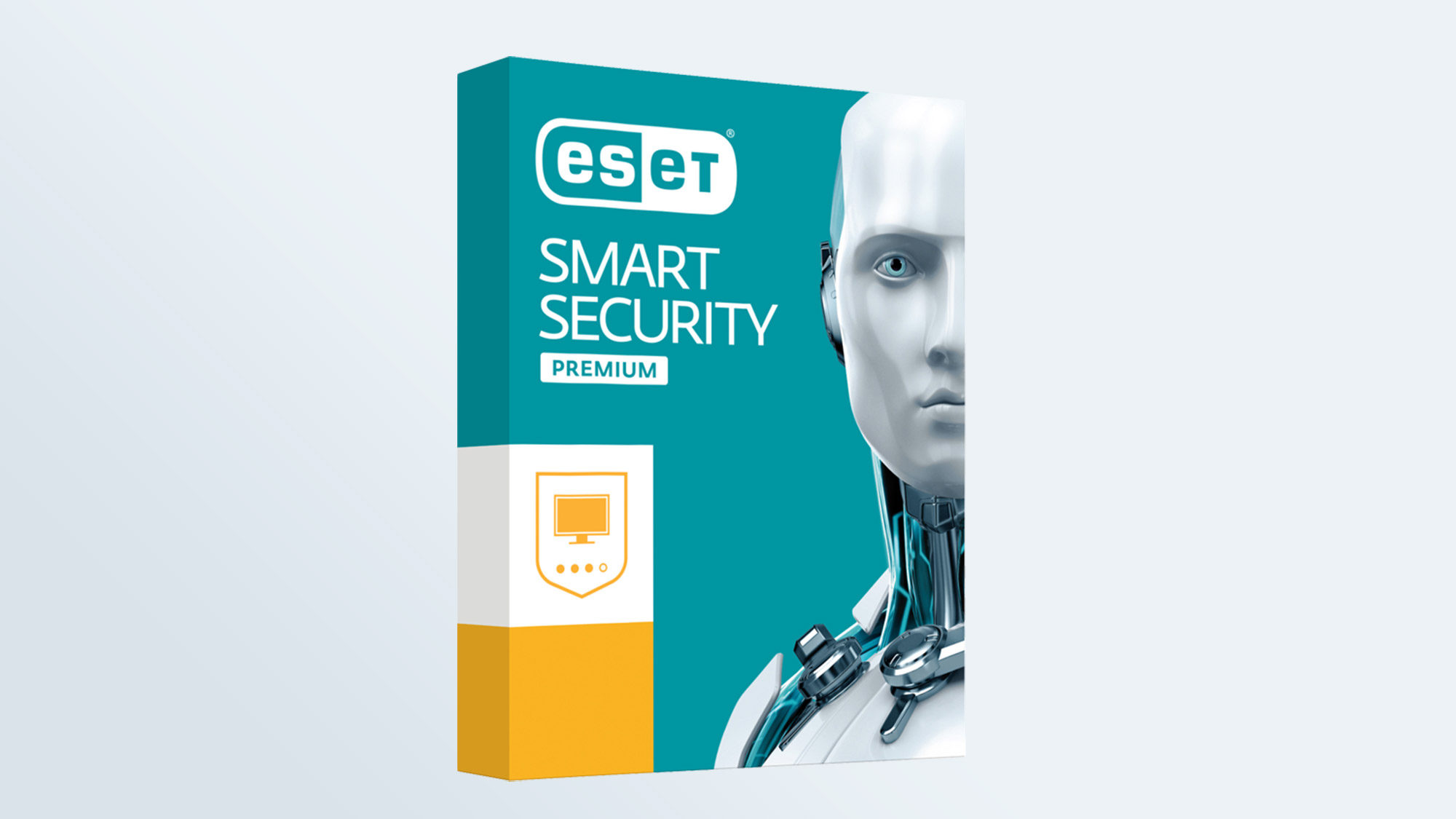
6. ESET Smart Security Premium
Very good protection with a very light touch.
Specifications
Anti-theft: Yes
Backup software: No
Firewall: Yes
Game mode: Yes
Hardened browser: Yes
Parental controls: Yes
Password manager: Yes
Ransomware rollback: No
Webcam protection: Yes
Virtual keyboard: No
VPN: No
Reasons to buy
+Very good protection +Remarkably little system-performance impact +File encryption, hardened browser, webcam protection
Reasons to avoid
-Lacks file shredder or VPN -Can get expensive
ESET is one of the biggest antivirus names in Europe, with a very small system-performance load and fast scans. Its malware-detection rate used to be kind of meh, but has improved markedly in recent lab tests.
The entry-level ESET NOD32 Antivirus is easy to use, but has few useful extra tools. ESET Internet Security adds webcam protection, parental controls and a browser-hardening extension, as well as ESET security-software licenses for Mac, Android and Linux devices.
The top-billed ESET Smart Security Premium tosses in file encryption and a password manager. However, there's no VPN client, backup software or file shredder.
ESET's pricing is per device, which is optimal for users who might have more than a few devices to protect. But if your device count gets into double digits, ESET's costs can add up.
Read our full ESET Smart Security Premium review .
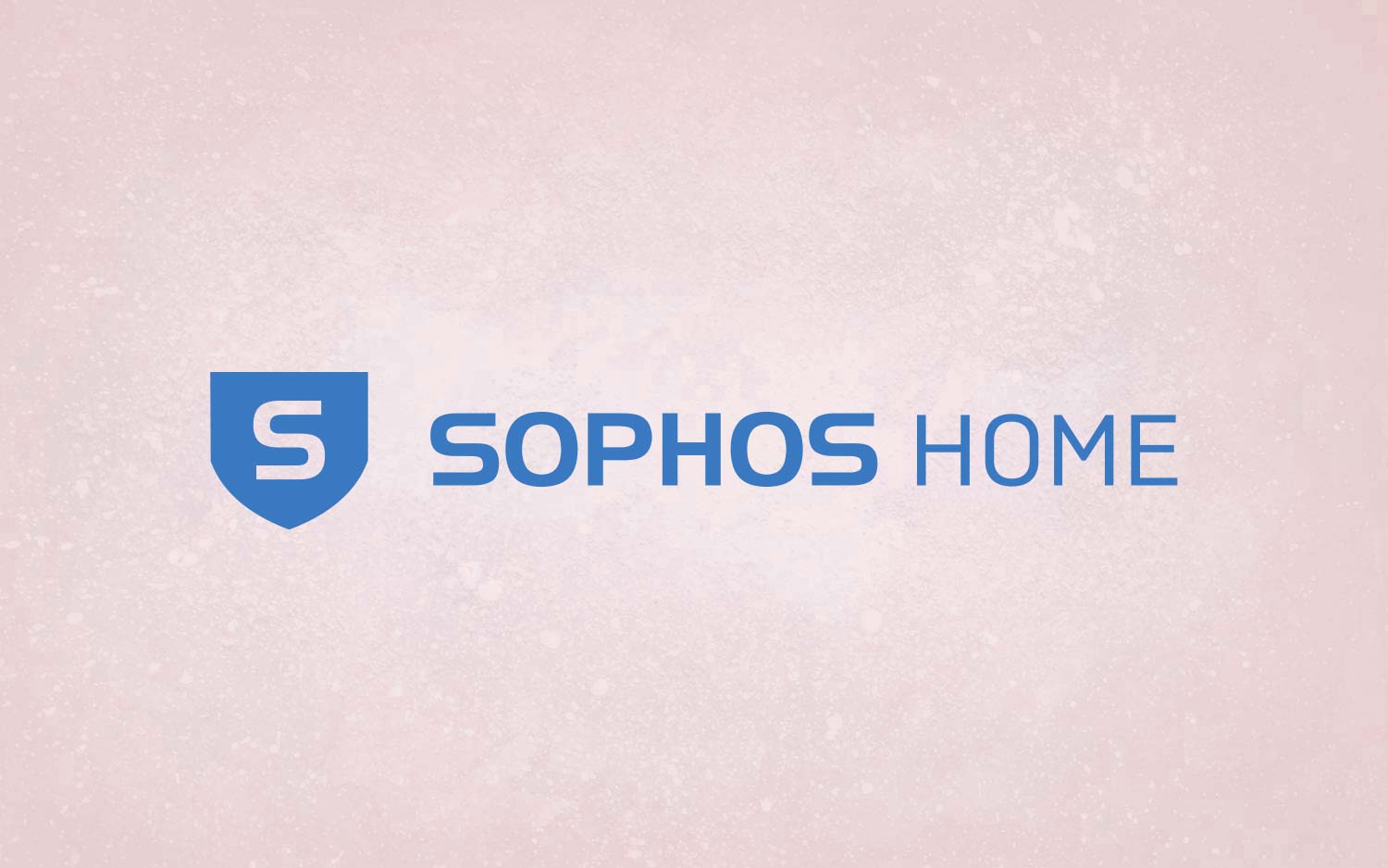
7. Sophos Home Premium
Efficient and inexpensive
Specifications
Anti-theft: No
Backup software: No
Game mode: No
Hardened browser: No
Parental controls: Yes
Password manager: No
Ransomware rollback: Yes
Webcam protection: Yes
Virtual keyboard: No
VPN: No
Wi-Fi scanner: No
Reasons to buy
+Inexpensive +Encrypts keyboard data
Reasons to avoid
-So-so malware protection -Moderate performance penalty during scans -Lacks VPN, password manager, file shredder
Sophos Home Premium does its job economically, offering reasonable protection from malware at an affordable price.
Because it's spun off from Sophos' enterprise software for business clients, Sophos Home Premium lacks many of the bells and whistles other security suites offer, such as a password manager, identity theft protection service or VPN service.
What Sophos Home Premium does have is the essentials: ransomware rollbacks, webcam defenses and protection against keyloggers, malicious websites and boot-sector and fileless malware. It also has a web-filter system for parents and an online management console from which you can tweak most of the settings.
Some people might demand more from an antivirus suite, but anyone who would rather buy only what they need will appreciate Sophos Home Premium's just-the-basics approach.
Read our full Sophos Home Premium review .
Best antivirus news and updates
— Linksys, D-Link, Netgear and other brands of home Wi-Fi routers are being attacked by new malware.
— Microsoft fixed a 'zero-day' flaw being exploited by hackers -- but left Mac Office users open to attack.
— AMD issued fixes for 27 different flaws in its graphics drivers.
The best free antivirus software
A good paid antivirus suite is a digital-protection jackknife, often bundling in parental controls, identity theft protection, a password manager, backup software, cloud storage, a firewall, a system optimizer and software for Mac, Android and iOS as well as Windows.
But what if you just want Windows antivirus software without all of those pricey extras? And what if you can't afford to pay for antivirus software? One of the best free antivirus programs might be exactly what you need.
- Best internet security suites
- The best Windows 10 antivirus software
Free antivirus software used to be a step down from the paid software and involved trade-offs. The protection wasn't as good and you'd either have to put up with ads filling your screen or with constant nags to upgrade to a paid program.
That's all changed. Two of the best antivirus makers, Bitdefender and Kaspersky, offer free versions with the same excellent malware protections as their paid offerings. A merger between the biggest names in free antivirus, Avast and AVG, created a combined malware-detection engine that's much better than the sum of its parts.
Meanwhile, Microsoft's built-in antivirus software, Windows Defender, aka Microsoft Defender Antivirus, has gone from being a joke to being one of the best antivirus programs out there, free or paid.
You can now get free antivirus protection that's as good as anything you pay for. So here are the best free antivirus programs based on their protection, system impact, ease of use and extra features.
What are the best free antivirus programs?
Best Free Antivirus: Top 5
Kaspersky Security Cloud Free Antivirus may be the best free antivirus program we've ever seen. It has excellent malware protection, a decent set of extra functions and features, and a system-performance impact so small that our computer actually sped up after we installed the program.
Bitdefender Antivirus Free Edition is still the best "set it and forget it" free antivirus option. It takes care of itself and doesn't need user intervention. If you need to put antivirus software on your grandparents' computer, or you don't want to think about it at all, this is the perfect solution.
The sleeper here is Microsoft Defender Antivirus, aka Windows Defender, which is built into Windows 8.1 and 10. It's now one of the best antivirus programs altogether. You don't have to install or download it — it's already on your PC.
If you want an unlimited password manager or a hardened web browser, Avast Free Antivirus might be for you. Its malware protection is much better than it once was, although its performance impact is fairly heavy.
Avast's stepsister AVG has the same malware-detection engine, but lacks Avast's full slate of useful extra features. But it does have a file shredder and system optimizer.
We have to mention one program that's not antivirus software, but which we recommend anyway: Malwarebytes Free. While antivirus tries to stop malware from infecting your machine, Malwarebytes functions as the cleanup crew, sweeping out less-harmful adware or potentially unwanted programs that the antivirus software ignores. It works well alongside any antivirus program.
The best free antivirus software you can get today
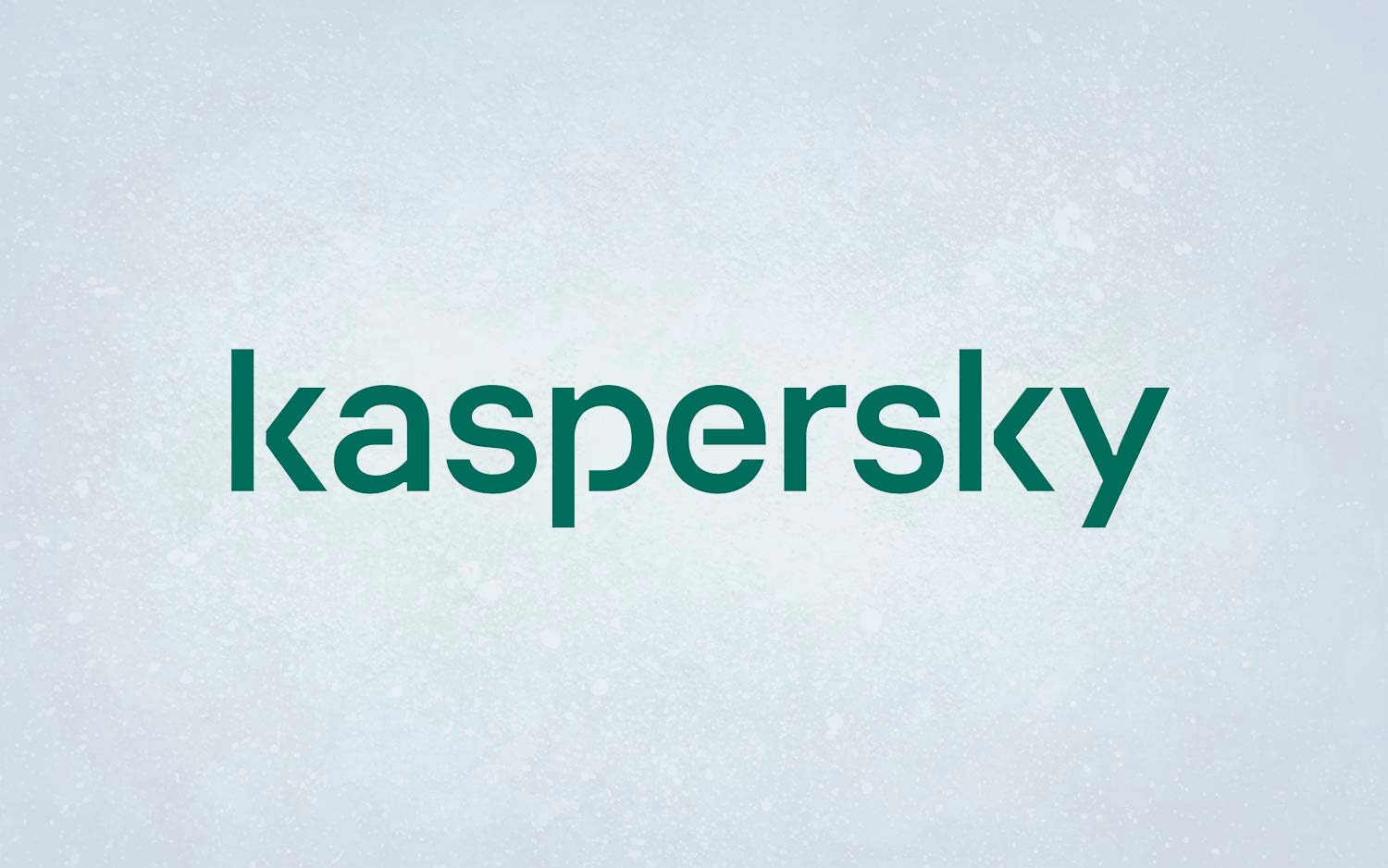
1. Kaspersky Security Cloud Free
The best free antivirus software, hands-down
Specifications
Email scans: Yes
Game mode: Yes
Hardened browser: No
Password manager: Limited
Ransomware reversal: Yes
Scan scheduler: Yes
Support options: FAQs, forums
Upsell nag factor: Moderate
Reasons to buy
+Top-notch malware protection +Tiny performance impact +Tons of useful extra features
Reasons to avoid
-Password manager, VPN service are just teases -Lacks phone support
Kaspersky doesn't talk much about its free antivirus product, and you might have a hard time finding the free Kaspersky software download page on the company's website.
That's too bad, because Kaspersky Security Cloud Free is the best free antivirus product we've ever tested. We've never seen such a combination of excellent protection and extra features in a free antivirus program.
It's got a bright, comprehensible interface, a lot of customization potential and Kaspersky's unbeatable malware protection. The program also lets you schedule scans, and its performance impact was so small that it actually sped up our test machine a bit.
Kaspersky's useful extra features include a file shredder, an on-screen keyboard and an email scanner. The password manager and VPN service are fairly limited, however, unless you pay.
Read our full Kaspersky Security Cloud Free review .
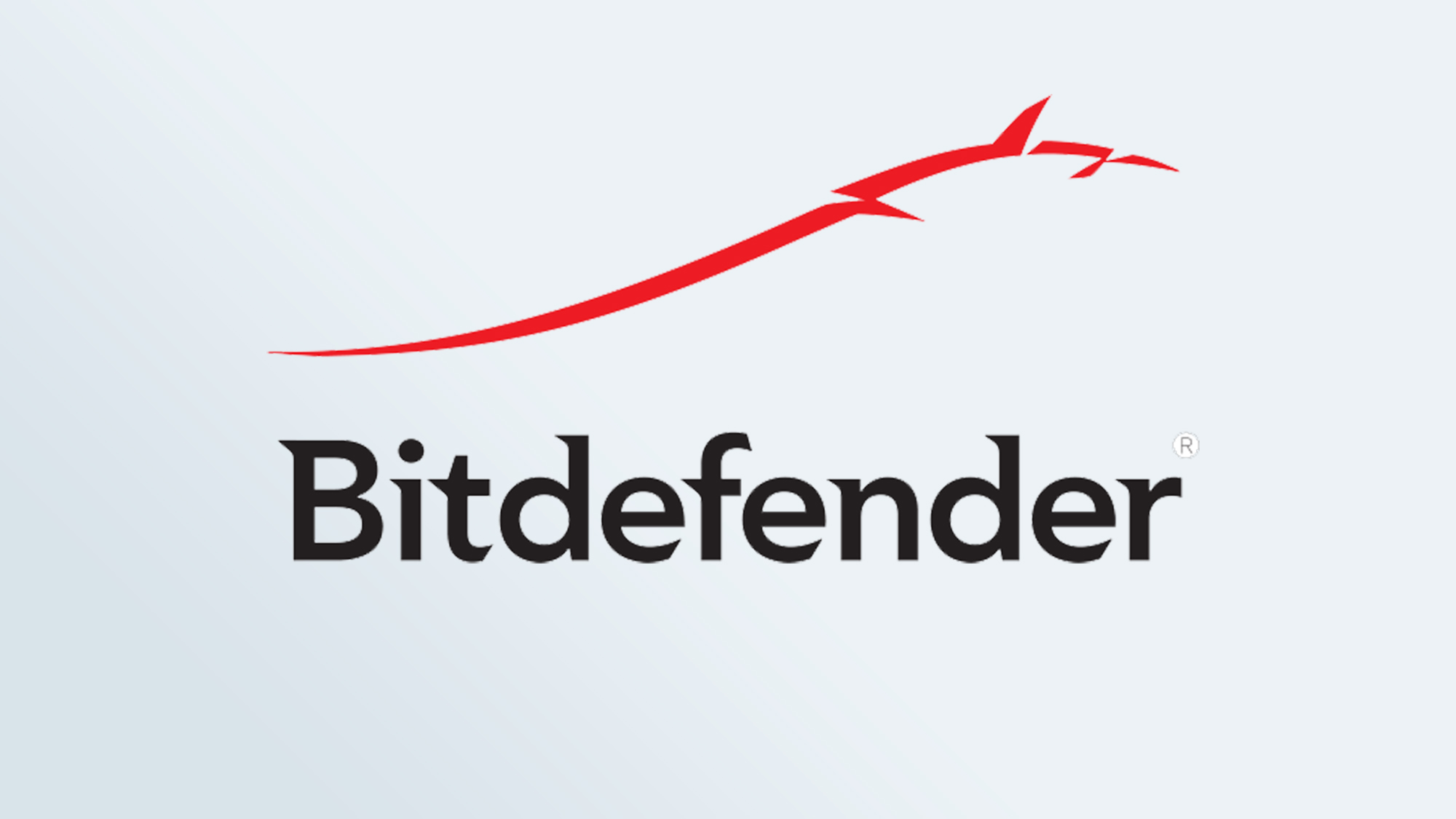
2. Bitdefender Antivirus Free Edition
The best set-it-and-forget-it antivirus option
Specifications
Email scans: No
Game mode: No
Hardened browser: No
Password manager: No
Ransomware reversal: No
Scan scheduler: No
Support options: FAQs, forums
Upsell nag factor: Minimal
Reasons to buy
+Very good malware protection +Completely automatic interface +Truly no muss, no fuss
Reasons to avoid
-No extra features whatsoever -No quick scans or scan scheduling
Compared to premium paid antivirus programs that are big, heavy and loaded with extra bells and whistles, Bitdefender Antivirus Free Edition is like a '60's sports car, stripped to the essentials but still providing plenty of power.
Bitdefender Antivirus Free Edition offers nothing but the basics. There's no password manager, no gaming mode, no quick scans and no scan scheduling. You can manage the software from the program's System Tray icon, but you don't really need to interact with Bitdefender Antivirus Free Edition after its installation.
Yet Bitdefender Antivirus Free Edition has the excellent Bitdefender malware-detection engine, which sits just below Kaspersky and Norton in the lab-test rankings.
It's the best free antivirus software if you want a security solution that you can set up and then forget about. It's also perfect if you need to protect the computer of an elderly relative but don't have time to manage antivirus software from afar.
Read our full Bitdefender Antivirus Free Edition review .
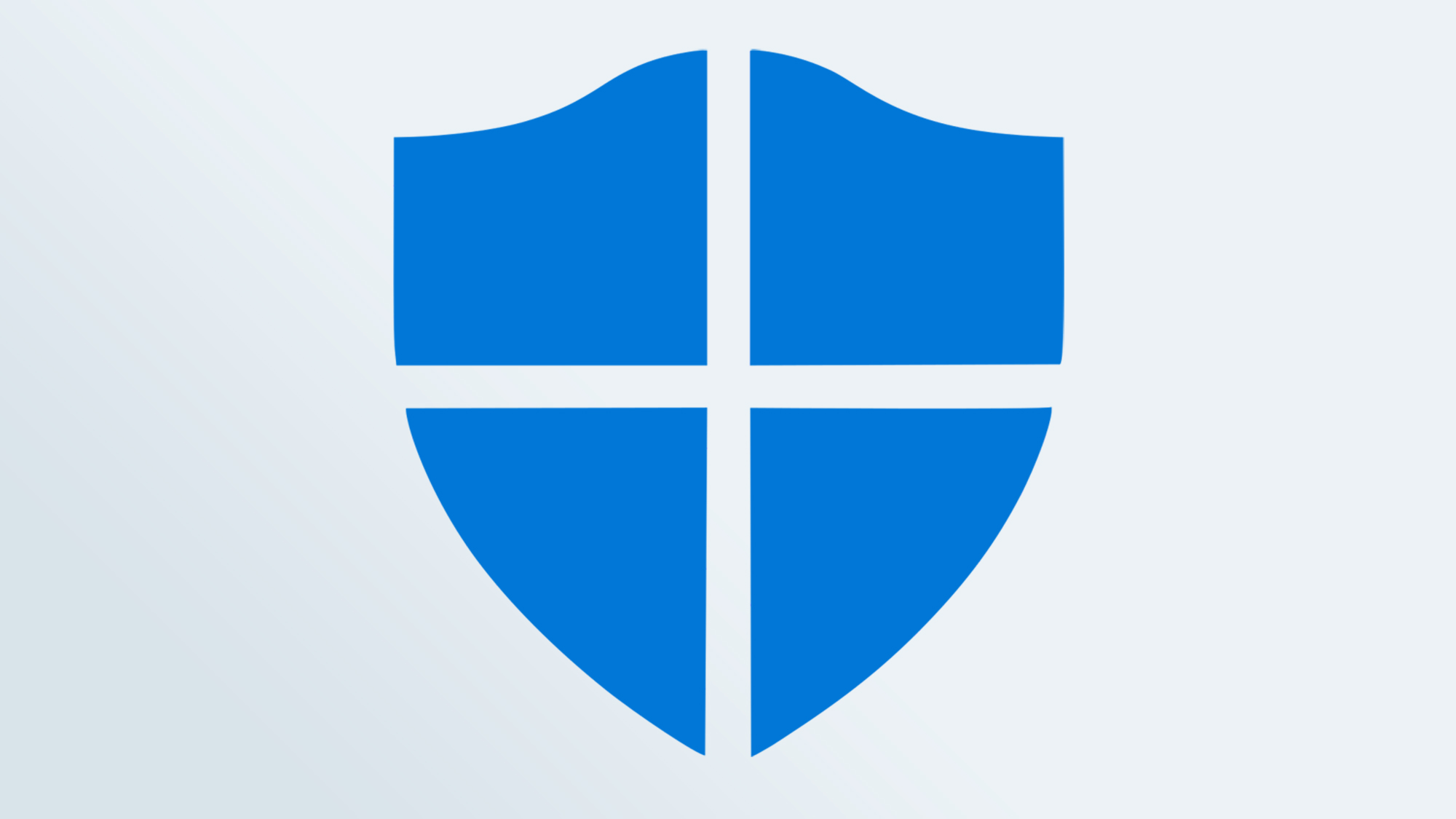
3. Windows Defender Antivirus
More than good enough to leave in place
Specifications
Email scans: No
Game mode: Yes
Hardened browser: Edge & IE only
Password manager: Yes, with other Microsoft apps
Ransomware reversal: Yes
Scan scheduler: Yes
Support options: 24/7 phone, email support
Upsell nag factor: Nonexistent
Reasons to buy
+Very good malware protection +Built right into Windows 8.1 and 10 +You'll barely know it's there
Reasons to avoid
-Some features work only on Microsoft products -Hard to schedule scans
Microsoft's built-in antivirus software is now a heavy hitter. While Windows Defender, aka Microsoft Defender Antivirus, doesn't quite beat Norton or Kaspersky in malware-protection lab tests, it comes out ahead of Avast, AVG and most other free antivirus products while operating almost entirely behind the scenes.
You won't be getting many extra features with Windows Defender itself, yet Windows 10 does have parental controls, a gaming mode and protections for its own Edge and Internet Explorer browsers. There's no built-in VPN, but you also won't be bothered by pop-ups trying to upsell you to paid antivirus software.
As for a password manager, there's a stealth one built into the Microsoft Authenticator app for Android and iOS that syncs with the Edge browser, as long as you're signed into your Microsoft account on all devices.
We still recommend going for Kaspersky Security Cloud Free, which has even less of a system impact, better malware protection and more useful extras, but there's absolutely nothing wrong with using Windows Defender as your primary antivirus solution.
Read our full Windows Defender review .
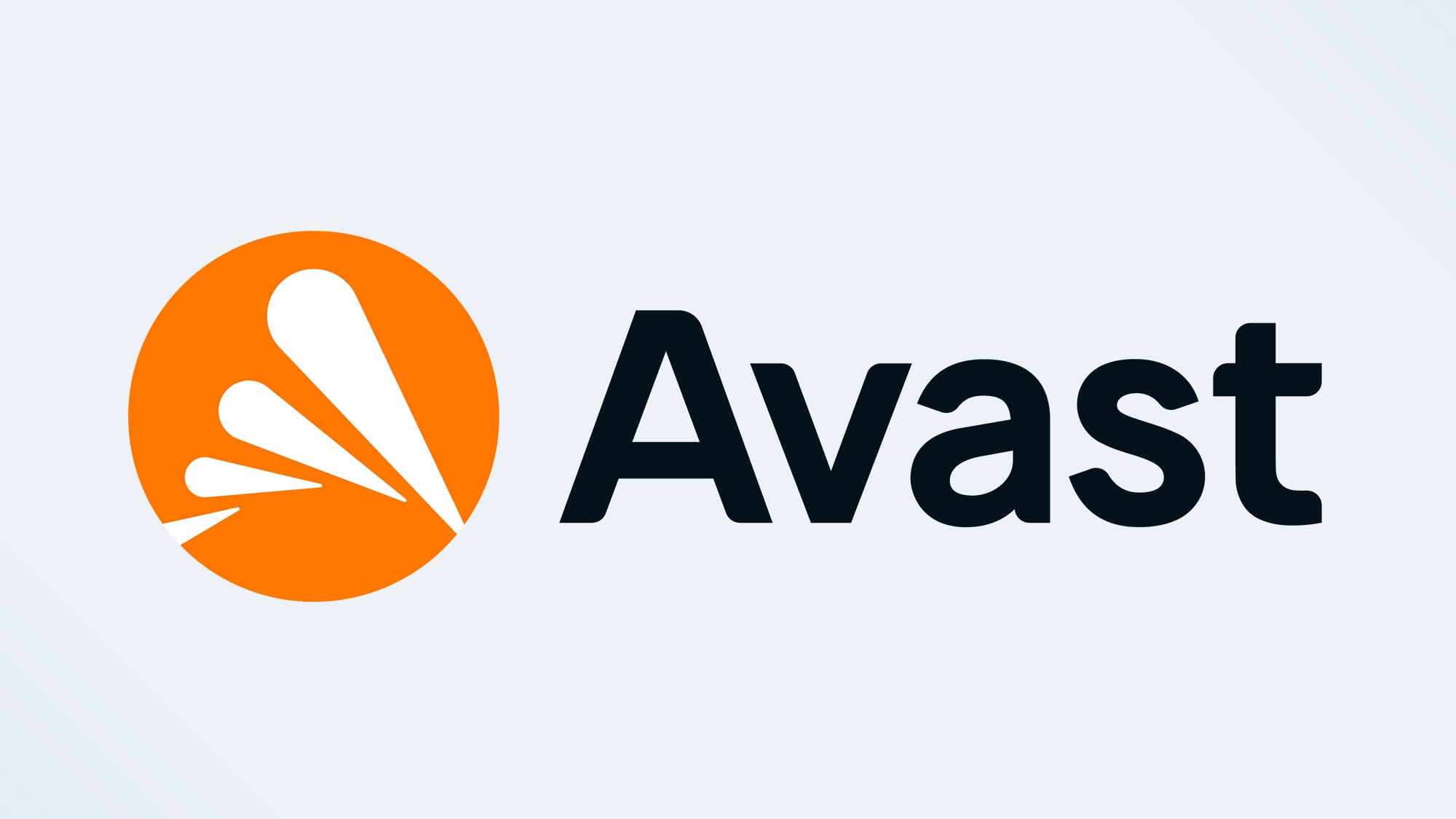
4. Avast Free Antivirus
Tons of features, less-than-perfect protection
Specifications
Email scans: Separate tool
Game mode: Yes
Hardened browser: Separate tool
Password manager: Not any more
Ransomware reversal: Shield only
Scan scheduler: Yes
Support options: : FAQs, forums
Upsell nag factor: Omnipresent
Reasons to buy
+Wi-Fi scanner +Very customizable
Reasons to avoid
-Password manager discontinued -Mediocre malware protection -Heavy system hit during scans
Avast Free Antivirus has the best assortment of extra goodies of any free antivirus program, including a hardened browser, a gaming mode, a Wi-Fi network scanner and a recently added ransomware shield. (Unfortunately, the unlimited password manager has been discontinued.)
The program is also very customizable, letting you tweak its appearance and functions to suit your style. It even offers limited access to Avast's VPN service.
However, Avast Free Antivirus caused a pretty heavy system load in our testing and its scans took a long time. It also kept nagging us to upgrade to Avast's paid antivirus protection, and played bait-and-switch with features that looked like they were free but weren't.
Most significant of all, the malware protection in Avast Free Antivirus is a peg down from Kaspersky's or Bitdefender's, whose free programs also bothered us less about paid upgrades and had lighter system loads.
Read our full Avast Free Antivirus review .
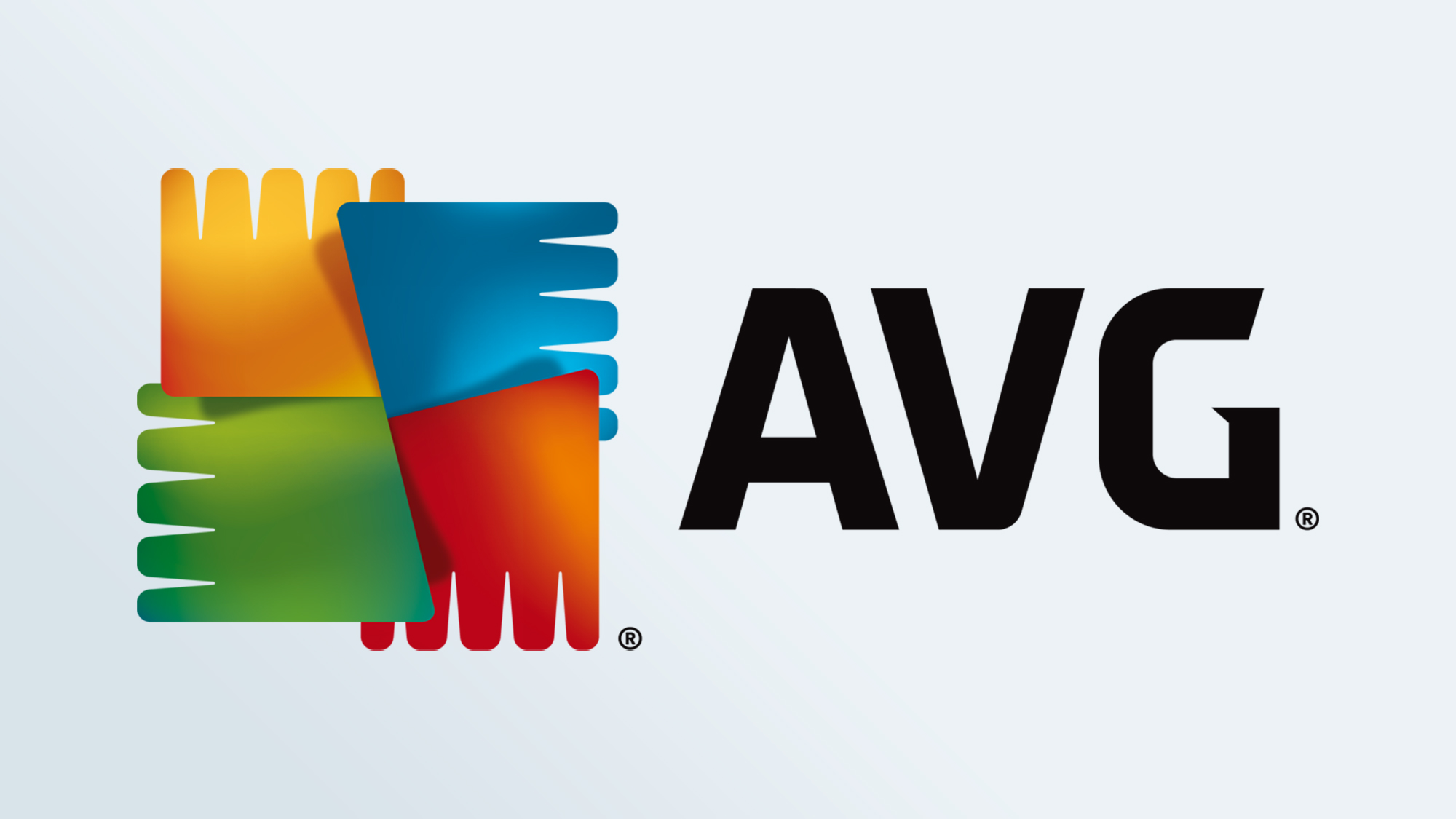
5. AVG AntiVirus Free
Avast's neglected stepsister
Specifications
Email scans: Yes
Game mode: Yes
Hardened browser: No
Password manager: No
Ransomware reversal: No
Scan scheduler: Yes
Support options: FAQs, forums
Upsell nag factor: Inescapable
Reasons to buy
+File shredder +Lots of customization options
Reasons to avoid
-Middling malware protection -Slow full-system scans -Almost no extra features
AVG shares a decent, if unspectacular, malware-detection engine with its corporate sibling Avast while having a much lighter system-performance impact.
But AVG AntiVirus Free also has far fewer useful extra features than Avast Free Antivirus. While the latter is almost a free security suite with lots of bells and whistles, AVG AntiVirus Free is the quiet, neglected child that gets the hand-me-downs.
The good news is that AVG's wide range of customization options and its file shredder and system optimizer are still available, and its interface is open and easy to use. The bad news is that like Avast Free Antivirus, AVG AntiVirus Free constantly bugs you to upgrade to paid antivirus software.
Worst of all, given its middling malware detection and dearth of extra features, there's no convincing reason to choose AVG AntiVirus Free over the built-in and overall better Microsoft Defender.
Read our full AVG AntiVirus Free review .
Honorable Mention

Malwarebytes Free
Essential side piece
Reasons to buy
+Complements antivirus software +Removes adware, other unwanted software +Absolutely no downside to having it
Reasons to avoid
-Installs trialware of paid version -Manual definition updates
Malwarebytes Free, formerly called Malwarebytes Anti-Malware, is not antivirus software. Instead, it's a very useful malware-removal tool.
What's the difference? Unlike antivirus software, Malwarebytes Free can't prevent a PC from being infected. But it does an excellent job of cleaning out malware that's already on your system, as well as removing (legal) adware and potentially unwanted programs that antivirus software often ignores.
Malwarebytes Free doesn't interfere with any antivirus software that's already installed, so it's perfectly safe to install it alongside one of our recommended brands. (Just don't upgrade to the paid Malwarebytes Premium, true antivirus software that does poorly in lab tests and which will conflict with other AV programs.)
We recommend Malwarebytes Free as a complement to any of the best antivirus programs, free or paid.
Read our full Malwarebytes Free review .
How to choose the best antivirus software for you
Before you buy antivirus protection, figure out what you need. If you have young children at home, then consider midrange antivirus products, most of which include parental controls.
Do you want an all-encompassing security solution? Many premium products include identity-theft protection, password managers, backup software and/or VPN service.
Or are you a techie who understands and the risks of using the internet? Then a low-priced basic program might be all you need.
MORE: How to buy antivirus software
Once you've got your priorities figured out, then determine how many machines you'll need to protect.
Most vendors offer single-device licenses for Windows PCs. But multi-device, multi-platform licenses for five, 10 or more computers and mobile devices are available in midrange and premium antivirus packages, covering Windows, macOS, Android, iOS and sometimes even Linux. Some vendors offer plans that cover an unlimited number of devices.
Gone are the days when you could walk into a store and pay a one-time fee for an antivirus product that came in a box off a shelf. All the vendors now sell their software licenses as yearly (or multiyear) subscriptions. The upside is that you'll always get the latest software, which you can download and install straight from the internet.
Antivirus pricing and features
Many antivirus products are sold online for much less than their list prices. But each brand offers basic, midrange and premium configurations of features and pricing, with every step up adding more features.
Think of autos at a dealership. You can get a base-model car that will get you from place to place just fine. For a few grand more, you can buy a car with satellite radio, but no heated side-view mirrors, alloy wheels or in-car Wi-Fi hotspot. Or you can spend a lot more to get a loaded car with all the fixin's.
Antivirus makers also hope you'll spring for extra options, whether you need them or not. The one thing you can't trade up to is a bigger engine: All the Windows antivirus products in a given brand's lineup will use the same malware-detection engine and provide the same level of essential protection.
Basic paid antivirus software is usually just called "Antivirus" or similar, and yearly subscriptions start at $40-$60. The software will have essential malware protection and maybe a password manager or a two-way firewall.
Midrange antivirus software packages are frequently nameplated as "Internet Security" and start at $60-$80 yearly. They generally add parental controls, some of which are very good, plus a few other features such as webcam protection. They often include multi-device licenses and antivirus software for Mac and Android devices.
At the top are the premium "security suites," which toss in all the extra security tools an antivirus brand can offer, such as password managers, VPN client software, backup software, online storage and even identity-protection services.
List prices start at $80-$100 per year, but make sure you really need those extra tools you're paying for. The password managers are often quite good, but the online storage can be paltry and the VPN services often don't give you unlimited data.
We've collected the best premium antivirus packages on this list of the best internet security suites.
How we test the best antivirus software
Our evaluations are based on each antivirus program's interface, performance, protection and extra features. Was the interface intuitive and user-friendly? How badly did malware scans slow performance? How well did the program detect and remove malware? Does the program offer useful additional tools?
Most of our tests were performed on the same Asus X555LA laptop running 64-bit Windows 8.1 (later upgraded to Windows 10), with an Intel Core i3-4005U processor, 6GB of RAM and a 500GB hard drive containing 36GB of files.
Some of our newer performance tests were done on a Lenovo ThinkPad T470 with a 2.5GHz Core i5-7200U processor, 8GB of RAM and 256GB of solid-state storage containing 43.3GB of files.
To assess a program's impact on system speed on both Windows and macOS, we used our own custom tests, which measure how long a CPU takes to match 20,000 names and addresses on an OpenOffice or Excel spreadsheet. The longer it took the laptop to finish either test, the heavier the performance impact.
For malware-detection scores, we use the results of three independent testing labs: AV-TEST in Germany, AV-Comparatives in Austria and SE Labs in England. Each lab subjects the major antivirus brands' products to stress tests involving thousands of pieces of malware, including hundreds of previously unseen samples.
Editors' note: Why we recommend Kaspersky
Kaspersky antivirus products have been banned from U.S. government agencies and U.S. defense contractors, and we can understand why. Because the company is Russian and antivirus software can peer deep into a PC, using Kaspersky software would create an unacceptable risk for persons and organizations involved in national security and critical infrastructure.
However, we still think Kaspersky software is perfectly safe for home users. We've seen no evidence to convince us otherwise. Kaspersky researchers are well respected throughout the antivirus industry, and the company has publicly exposed Russian cyberespionage campaigns as well as those from the United States and other countries around the world.
- The best identity-theft protection: Make sure your personal data is safe
- The best cloud backup services: Don't lose any data
- The best password managers: Keep your online accounts locked down

Paul Wagenseil is a senior editor at Tom's Guide focused on security and privacy. He has also been a dishwasher, fry cook, long-haul driver, code monkey and video editor. He's been rooting around in the information-security space for more than 15 years at FoxNews.com, SecurityNewsDaily, TechNewsDaily and Tom's Guide, has presented talks at the ShmooCon, DerbyCon and BSides Las Vegas hacker conferences, shown up in random TV news spots and even moderated a panel discussion at the CEDIA home-technology conference. You can follow his rants on Twitter at @snd_wagenseil.
What Programs Come With Windows 7 Home Premium
Source: https://www.tomsguide.com/us/best-antivirus,review-2588.html